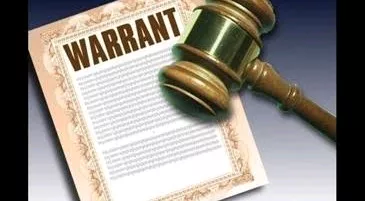Warrant
Warrant is written order signed by Judge and authorises police to conduct searches, seizes and arrests. Judge may issue only search Warrant when there is probable cause, Police will find evidence of criminal activity during search.
Judge may issue only Arrest Warrant when there is probable cause to believe that person listed in warrant, is engaged or has engaged in criminal activity.
Purpose of Search Warrant: It allows police to find evidence during search of person named in warrant when there is reasonable cause to find out.
Search Warrant also allows police to search out accused in order to arrest him/her.
The scope of Search Warrant is limited to what evidence and location are named in Warrant.
Purpose of Arrest Warrant: Police must believe that person named in...
Judge may issue only Arrest Warrant when there is probable cause to believe that person listed in warrant, is engaged or has engaged in criminal activity.
Purpose of Search Warrant: It allows police to find evidence during search of person named in warrant when there is reasonable cause to find out.
Search Warrant also allows police to search out accused in order to arrest him/her.
The scope of Search Warrant is limited to what evidence and location are named in Warrant.
Purpose of Arrest Warrant: Police must believe that person named in...




